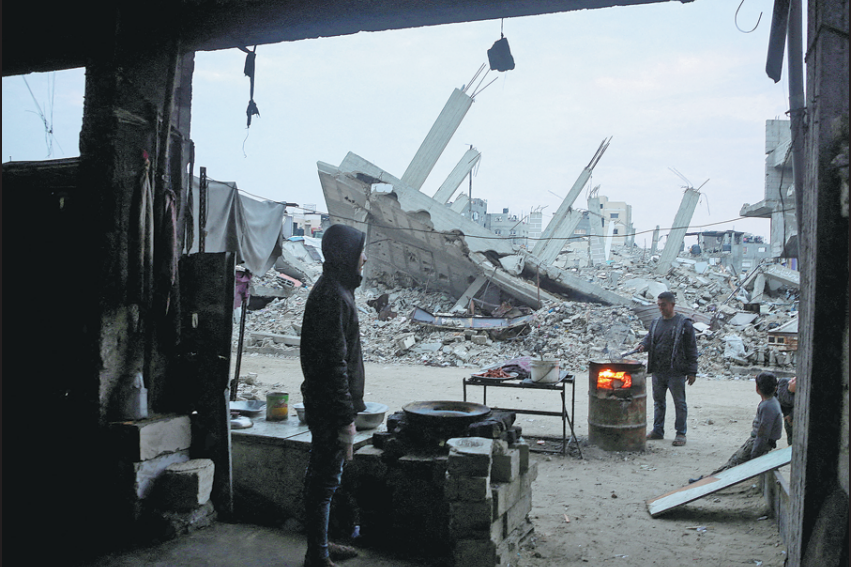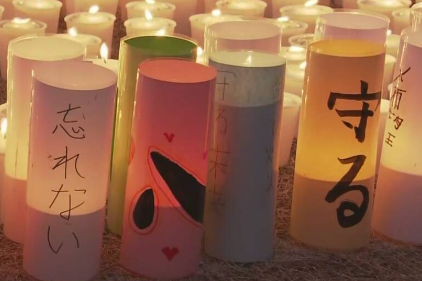WHO leader pours cold water on herd immunity


The head of the World Health Organization has called the "natural herd immunity" strategy against COVID-19 "morally unconscionable and unfeasible".
A WHO virtual news conference on Friday invited three COVID-19 patients to talk about their painful experience fighting the novel coronavirus.
They included Paul Garner, a professor from United Kingdom's Liverpool School of Tropical Medicine who has been recovering from COVID-19 since March; Martha Sibanda, a nurse from Johannesburg, South Africa; and Lyth Hismeh, 26, of Long COVID SOS, a patient advocacy group in the UK.
After listening to the three sharing their experiences and array of symptoms, WHO Director-General Tedros Adhanom Ghebreyesus said "it really reinforces what a dangerous virus COVID-19 is".
"It also reinforces to me just how morally unconscionable and unfeasible the so-called 'natural herd immunity' strategy is," he said.
Tedros said not only would such a strategy lead to millions of unnecessary deaths, it would also lead to a significant number of people facing a long road to full recovery.
The WHO chief said that herd immunity is only possible with safe and effective vaccines that are distributed equitably around the world.
"And until we have a vaccine, governments and people must do all that they can to suppress transmission, which is the best way to prevent these post-COVID long-term consequences," Tedros said.
On Wednesday the Daily Beast reported that United States President Donald Trump has integrated an embrace of a "herd immunity "strategy into his public comments for months.
Trump has repeatedly said the US is "rounding the corner" on the virus, even though the number of total cases in the US has exceeded 9 million.
International concern
On Friday, the WHO Emergency Committee on COVID-19 which had just concluded a two-day meeting, advised that the pandemic still constituted a public health emergency of international concern.
It called for a focus on response efforts based on lessons learned and strong science, a news release from the WHO said.
The committee emphasized the importance of evidence-informed, risk-based and coherent measures in relation to international traffic, surveillance and contract tracing efforts, maintaining essential health services including mental health services, and preparing plans for future COVID-19 vaccines.
The committee also urged countries to avoid politicization of the pandemic response, seen as a major detriment to global efforts.
It was the committee's fifth meeting since the COVID-19 outbreak started.
The global count of COVID-19 cases had reached 45.6 million, with 1.1 million people having died from the disease by Sunday, according to the tally kept by the WHO.
































